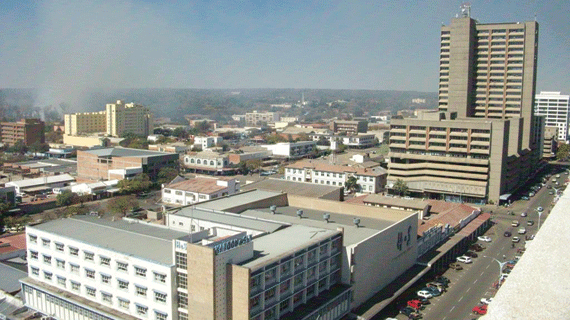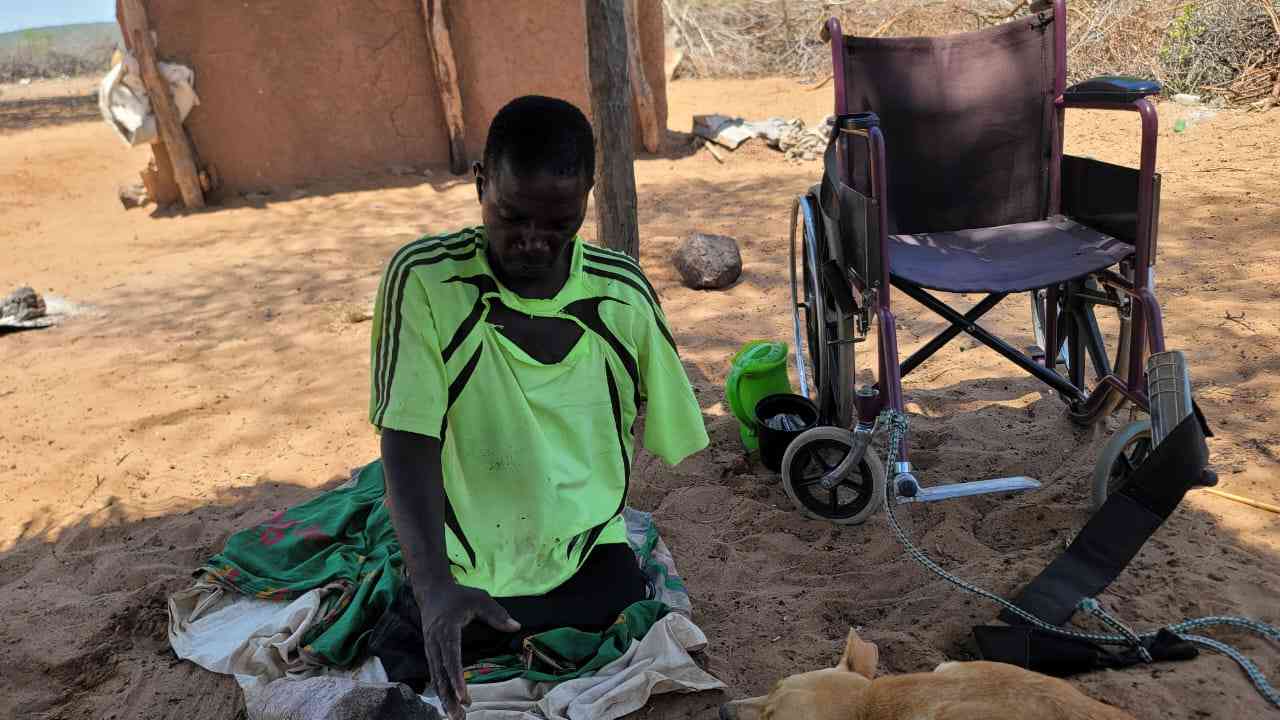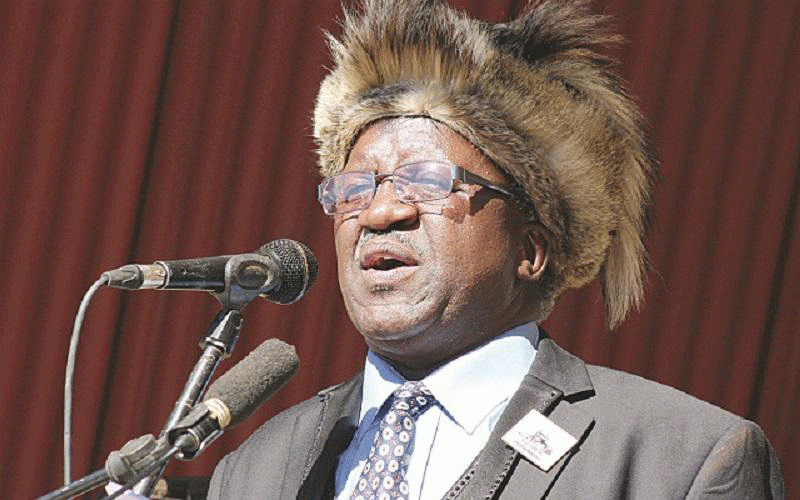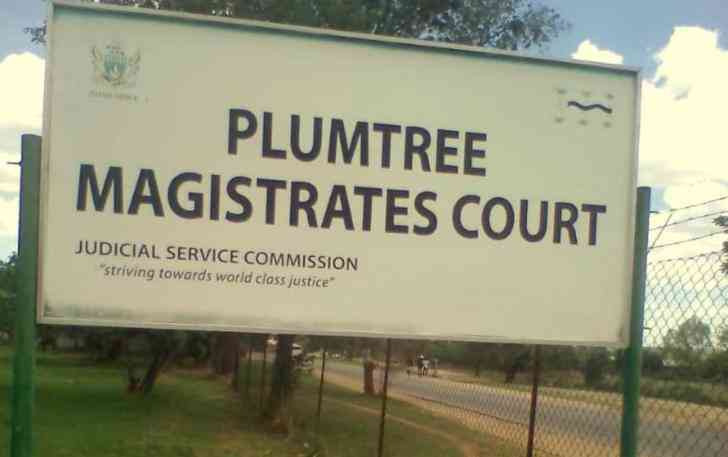
THE Bulawayo City Council (BCC) has warned the Mthwakazi Republic Party (MRP) against attacking apostolic sects worshipping in open spaces across the city after the opposition political party raided some church shrines in a clean-up operation last week.
On Wednesday last week, MRP activists raided apostolic sect shrines located in a bush between Mzilikazi and Entumbane high-density suburbs. The party claimed that it was cleansing the environment of activities that are alien to Matabeleland culture and ordered the church members to remove their ritual cloths and flags.
Bulawayo town clerk Christopher Dube, however, said BCC was aware of the illegal activities, but warned that residents and the MRP should not take the law into their hands.
“The City of Bulawayo is aware of the open air worship sites, mounted flags, makeshift structures in various open spaces in the city and has been endeavouring to address the challenges. The City of Bulawayo notes the concerns which have been raised by the residents and also by MRP,” Dube said.
“It should, however, be noted that any actions conducted should be within the confines of the law. Residents should not take the law into their hands, but should allow the City of Bulawayo and law enforcement officers to deal with the issues legally.”
He also noted that council by-laws stipulate that open air worshipping is not permissible on council land, including land use without prior written approval of council.
Urging open air churches to instead utilise council community halls for worshipping, he added: “The City of Bulawayo further notes that it’s not possible to maintain public health and sanitation in open air worship locations as there are no buildings, piped water nor are there lavatories.
“This, thus, may result in open defecation which is one of the key drivers of diseases such as diarrhoea or cholera. Council is conducting awareness campaigns visiting these groupings and in some instances destroying illegal structures.
- Bulawayo struggles to clear housing backlog
- Fresh row over city parking fees
- Council acts tough on debts
- Bulawayo struggles to clear housing backlog
Keep Reading
“We have also been considering collaborative efforts with religious leaders by encouraging them to visit the city and register their church stands. That way, ablution facilities can be built at an authorised place.”
However, MRP spokesperson Velile Moyo said their patrol uncovered an unprecedented deluge of illicit practices at the shrines.
“This area has been taken over by various spiritual cults and church groups, which have erected shrines and worship sites, with some even building permanent structures and thatched houses with stone walls,” he said.
Moyo said they counted more than 47 shrines with some church leaders claiming to have been legally settled by BCC and having leases or paying rentals.
He called on the BCC to publicly clarify whether these claims were true or false and, if so, to disclose the local area development plan.
“Despite Zimbabwe’s Constitution guaranteeing freedom of spiritual worship and association, a sinister trend has taken hold in Bulawayo — the proliferation of cults and demigod worship, preying on the vulnerable and desperate.
“These unscrupulous entities, masquerading as religious groups, are exploiting the public’s trust and their hard-earned cash. The illicit occurrences at the Entumbane shrines are starkly evident upon observation.
“During visits to these sites, it was alarming to note that the majority of shrines lacked proper toilet facilities. Only a couple had makeshift solutions such as portable single squat-hole toilets or primitive (grass-walled) trench latrines.”









